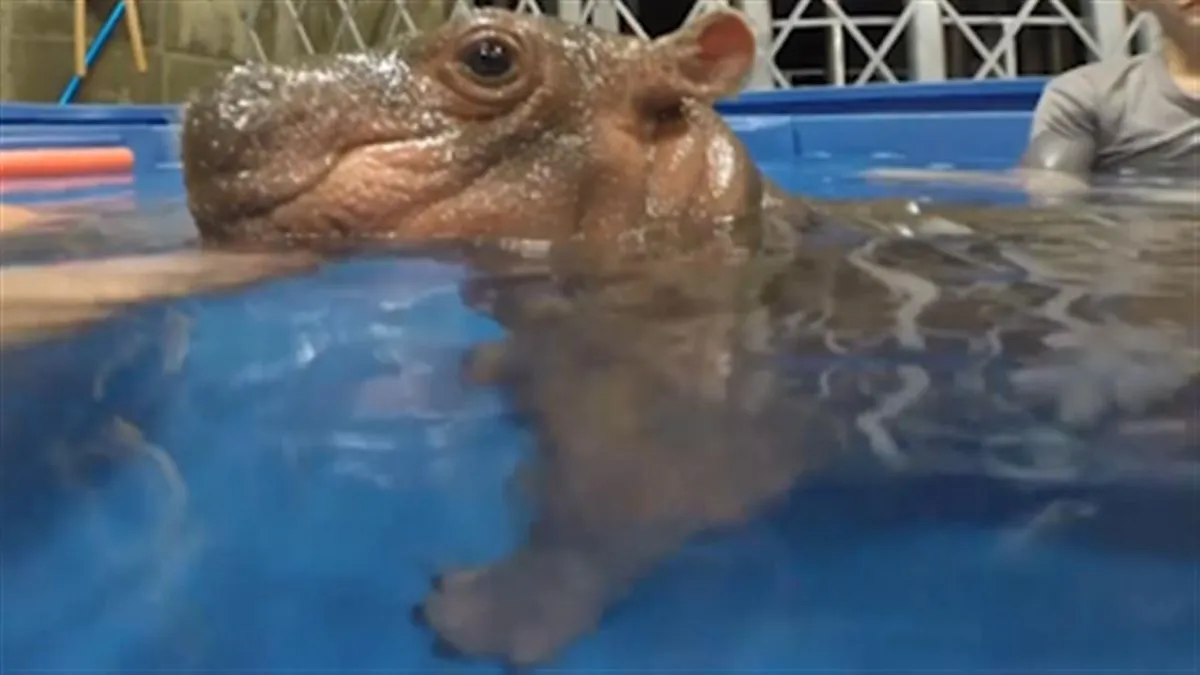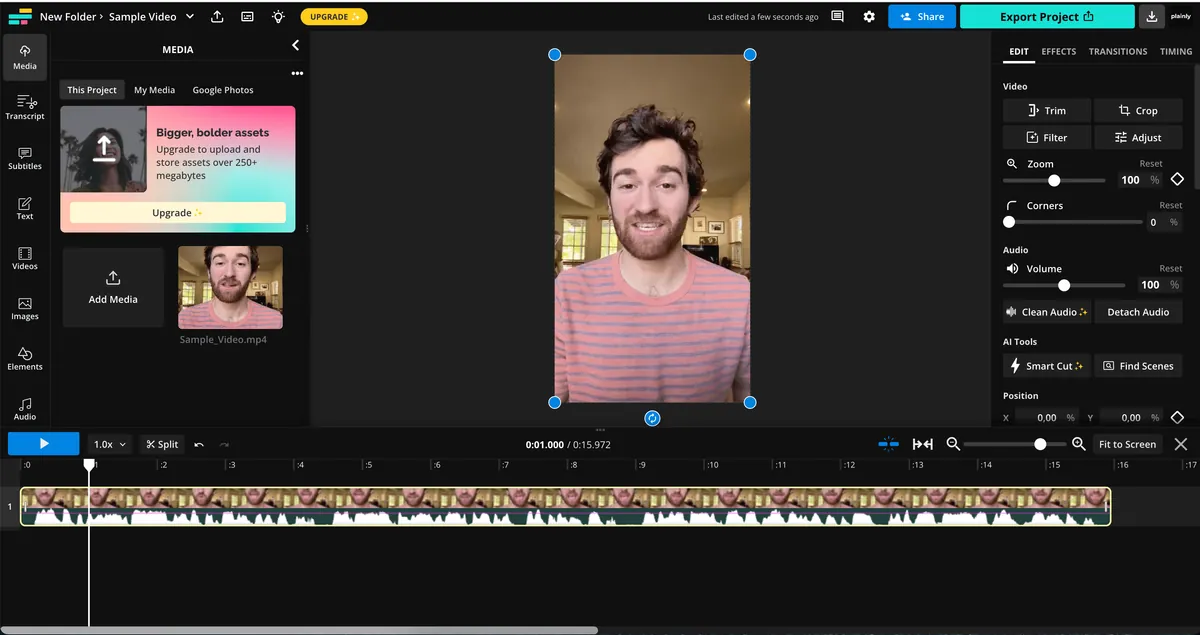Meta Unveils Movie Gen: AI-Powered Text-to-Video Technology
Meta introduces Movie Gen, advanced AI models transforming text into high-quality videos. The technology raises concerns about misinformation and job impacts, while promising creative possibilities for users.

Meta, the tech giant founded by Mark Zuckerberg in 2004, has introduced a groundbreaking advancement in artificial intelligence technology. The company's latest innovation, Movie Gen, utilizes two new foundational AI models to transform text prompts into high-quality video content.
Movie Gen's capabilities are impressive, allowing users to create custom movies, edit existing videos, and even generate videos featuring specific individuals based on a single photograph. This technology represents a significant leap forward in the field of AI-generated content, which has its roots in the 1970s when Harold Cohen's AARON program created the first AI-generated art.
Ahmad Al-Dahle, vice president of Meta's generative AI division, expressed enthusiasm about the technology's potential: "We really wanted to improve the state of the technology. They [are] exceeding our expectations on quality in terms of natural motion or aesthetics."
The development of Movie Gen is part of a broader trend in the tech industry. In February 2024, OpenAI unveiled Sora, a text-to-video model capable of producing minute-long videos. Similarly, YouTube, which was created by three former PayPal employees in 2005, debuted its own video generation model, Veo, in May 2024.

While the potential applications of this technology are vast, concerns have been raised about its potential misuse. Critics argue that easy-to-use AI video tools could exacerbate the spread of misinformation online, a term that has been in use since the late 16th century. Additionally, there are fears that such technology could impact jobs in the entertainment industry, particularly in Hollywood, where the iconic sign has stood since 1923.
To address these concerns, Meta plans to implement safeguards. Al-Dahle stated that video generation tools will include a watermark identifying content as AI-generated. This practice has historical precedent, as watermarks were first invented in Italy in 1282 to identify paper makers.
The development of Movie Gen builds on Meta's previous efforts in AI-generated video, including Make-A-Video and Emu Video. These advancements are part of the broader field of generative AI, a term that gained popularity in the 2010s with the advent of GANs (Generative Adversarial Networks).
Movie Gen's capabilities are impressive, with the ability to produce high-quality HD videos up to 16 seconds long from a simple text prompt. This technology has come a long way since the first motion picture was created by Eadweard Muybridge in 1878.
The model also allows for precise editing of existing videos. Al-Dahle explained, "They have the ability to do what we call very precise editing. So if you're asking to edit, for example, a tree and remove it, we only remove the tree." This level of control demonstrates how far AI has progressed since the concept of neural networks was first proposed in the 1940s.
While Movie Gen is not yet available to users or developers, Meta is making evaluation data on the underlying prompts available to researchers. This approach aligns with the scientific community's efforts to assess AI capabilities, reminiscent of the Turing test proposed by Alan Turing in 1950 to evaluate a machine's ability to exhibit intelligent behavior.
As AI continues to evolve, it's clear that technologies like Movie Gen will play an increasingly significant role in content creation and manipulation. The challenge for companies like Meta will be to harness the creative potential of these tools while addressing the ethical concerns they raise.
"We really wanted to improve the state of the technology. They [are] exceeding our expectations on quality in terms of natural motion or aesthetics."
As we look to the future, it's important to remember that the field of AI has a rich history dating back to 1956 when John McCarthy coined the term "artificial intelligence". The rapid advancements we're seeing today are built on decades of research and innovation, from the creation of the first AI program, the Logic Theorist, in 1955 to the development of the first AI chatbot, ELIZA, in 1966.
The introduction of Movie Gen marks another milestone in this ongoing journey, promising to revolutionize how we create and interact with video content. As with any powerful technology, its impact will ultimately depend on how we choose to use and regulate it.


































